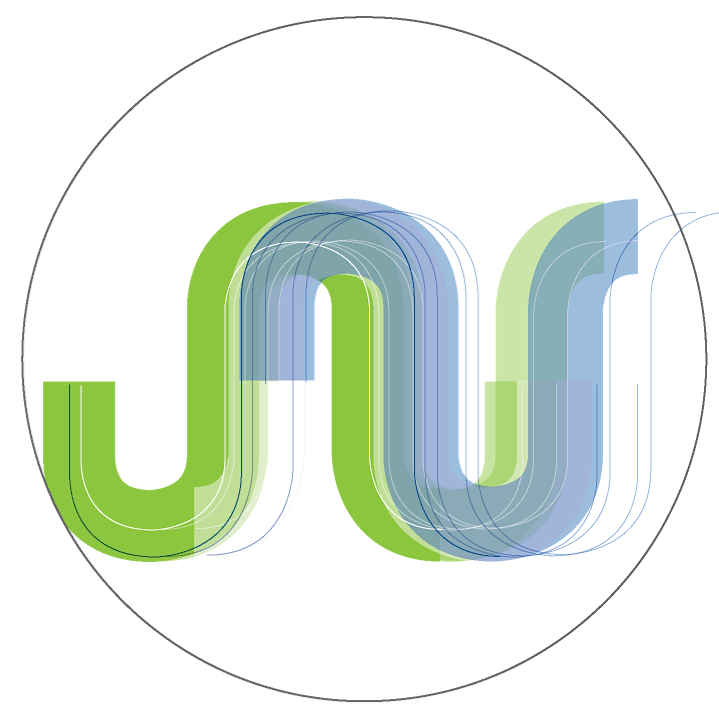Blogger since 2003, I have lived, worked, and traveled throughout most of Latin America. I blog here.
Latest posts by David Sasaki
[Report] Technology for Transparency
This report is the culmination of four months of research examining the objectives, challenges, successes, and effects of online technology projects that aim to promote transparency, political accountability, and civic engagement. It presents case studies, conclusions, and recommendations toward making the grassroots use of technology more effective in improving governance worldwide.
Technology for Transparency Review, Part VI
This post concludes the first phase of our research into the role of technology in the transparency and accountability movement by offering conclusions and recommendations related to projects of crime mapping, extractive industry transparency, local government, private sector transparency, and advocacy.
Technology for Transparency Review, Part V
Representative democracy, while necessary, takes citizens away from the decision making process. While traditional media tend to focus on individuals more than issues, a new generation of websites are combining parliamentary information with social media tools to give citizens more information about the profile and activities of their representatives, and to become more active in the legislative process.
Technology for Transparency Review, Part IV
While San Francisco's residents may be eager to send their local government a photograph of a pothole via Twitter, the same program might not be as effective in other communities where expectations of political representation and responsiveness are lower. Here is our review of civic complaint initiatives worldwide.
Technology for Transparency Review, Part III
New tools like Many Eyes and Ushahidi allow regular citizens to take part in election and budget monitoring. But our review of such initiatives so far reveal that much is still lacking until they make a measurable impact of increased accountability.
The Aid Transparency Movement
The momentum of the aid transparency movement is palpable, but without greater coordination and aggregation, so much transparency will lead to more confusion than clarity. Raw data must be presented in ways that are easy to understand, and that tie directly to accountability initiatives at the local and national level in each country.
Global Voices Summit Begins Soon!
After a few months of planning and one very disruptive earthquake, we're now less than 10 hours from starting this year's Global Voices Citizen Media Summit 2010.
Technology for Transparency Review, Part II
Over at the Technology for Transparency Network we have already documented 30 technology projects that promote transparency, accountability, and civic engagement. Here's what we've learned so far.
Ada Lovelace Day: Celebrating Women in Technology and Transparency Worldwide
In celebration of Ada Lovelace Day we profile several women based around the world who use technology to to make government more transparent and accountable.
The Technology for Transparency Review, Part I
In this first review of case studies from the Technology for Transparency Network we discover that online platforms like Discuz! and Twitter can reverse bad policy and stimulate healthy debate. But for longterm transparency and accountability projects in developing democracies the challenges are many.
[Podcast] Interview with Fabiano Angelico of Transparência Brasil
Fabiano Angelico of Transparência Brasil explains why transparency and accountability projects tend to focus on federal rather than state and local governments and points us to one innovative project in Brazil in which bloggers 'adopt' local politicians.
Announcing the Technology for Transparency Network
Rising Voices, the outreach and citizen media training initiative of Global Voices Online, has launched a new interactive website and global network of researchers to map online technology projects that aim to promote transparency, political accountability, and civic engagement.
A Global Look at Anti-Corruption Day
In preparation for the coming launch of the Technology for Transparency Network, this is the first in a series of posts that will explore transparency, government accountability, and civic engagement through the eyes of the world's bloggers.
Five Years of Global Voices: Where they are now
Outreach Director David Sasaki remembers the December 2004 meeting that paved the way for the formation of Global Voices.
Podcast: Interview with Sudanese Drima
Sudanese Drima is the pseudonym for Global Voices' Malaysia-based Sudanese author. In this ten-minute interview we discuss how social media is affecting Islam, the Darfur conflict, and issues of Afro-Arab identity in South East Asia.
Featured Author: Jillian York
Jillian York describes herself as "a writer, activist, Internet censorship combatant, and blogger." She is based in Boston where she works at the Berkman Center for Internet & Society on the OpenNet Initiative and Herdict, a crowdsourcing project to identify blocked websites.
Featured Author: Diego Casaes
Diego Casaes is a dedicated Global Voices author and translator from Salvador, Brazil. Much of his writing on Global Voices has spread awareness about legislative threats to online freedom in Brazil, such as the infamous "Azeredo Bill".
Featured Author: Filip Stojanovski
Filip Stojanovski is a Global Voices author and translator based in Skopje, Macedonia. He is the Program Coordinator of Metamorphosis, a think tank which seeks the development of democracy and prosperity by promoting knowledge-based economy and information society.
Featured Author: Elena Ignatova
Elena Ignatova covers Macedonia on Global Voices, is in charge of Global Voices in Macedonian, and works for the Metamorphosis Foundation, which seeks to seeks to enhance the use of information in Macedonian government and society
Featured Editor: Onnik Krikorian
Onnik Krikorian is a British blogger, journalist, and photographer of Armenian decent who has been living in Yerevan, one of the world's oldest continuously-inhabited cities, for the past 11 years. He is the Caucasus Editor for Global Voices where he amplifies the latest discussions taking place among bloggers in Azerbaijan, Georgia, and Armenia.
Featured Author: Maryna Reshetnyak
As Global Voices Russian Language Health Editor, Maryna Reshetnyak spends most of her time covering the Kiev-based Rising Voices grantee project, The Drop-In Center. She also blogs on Global Voices about discussions in the Russian-language blogosphere related to health.











